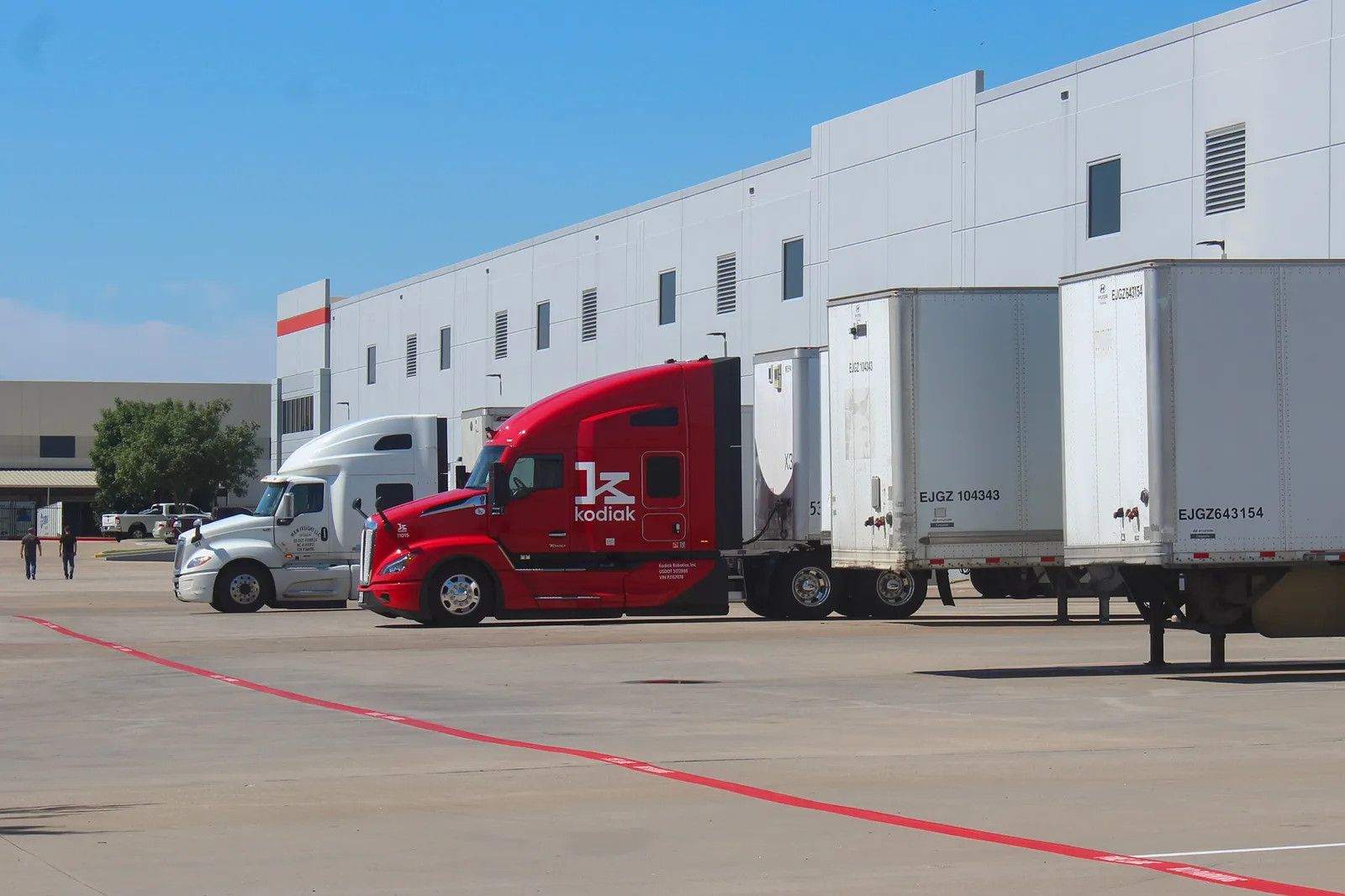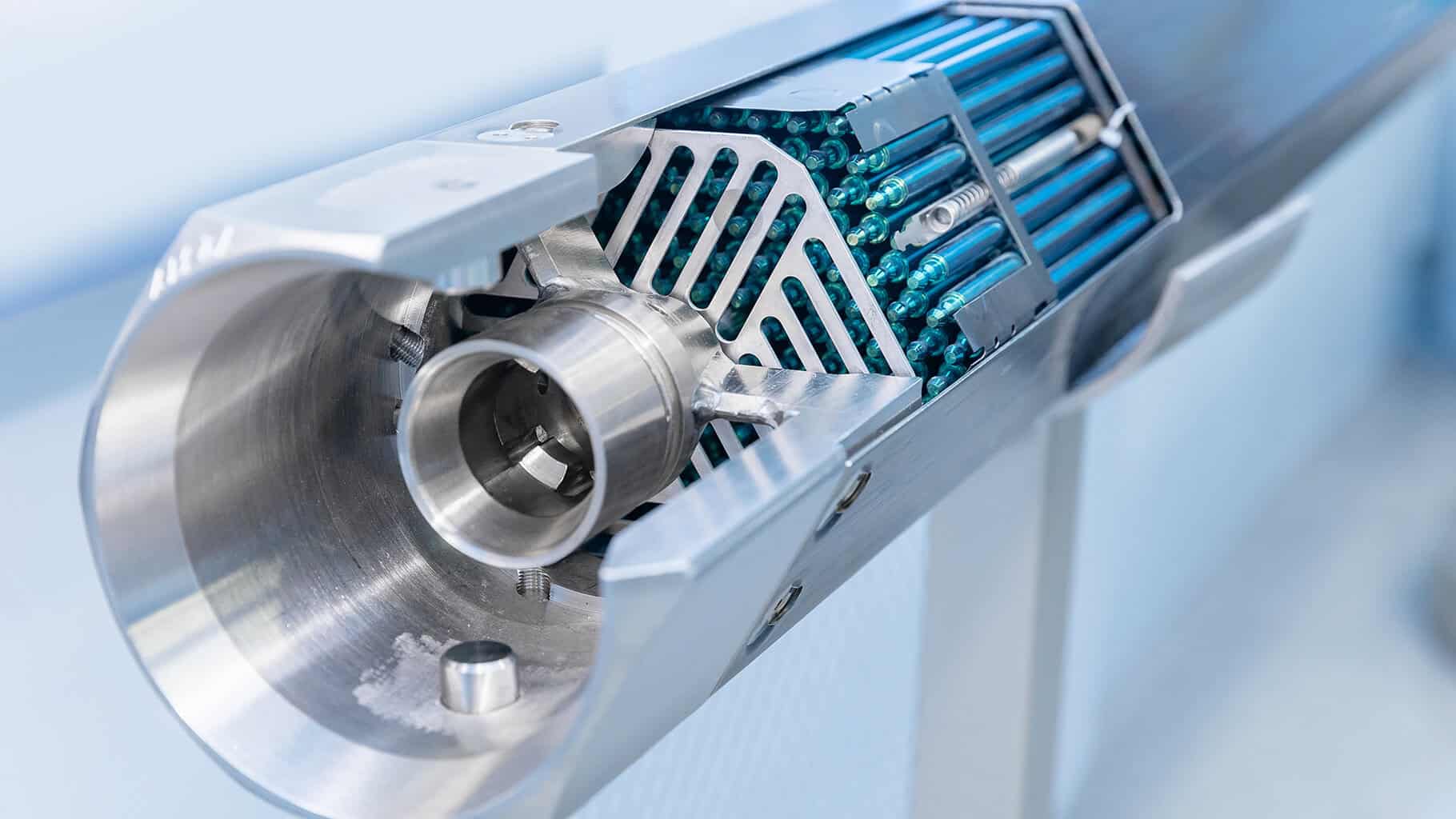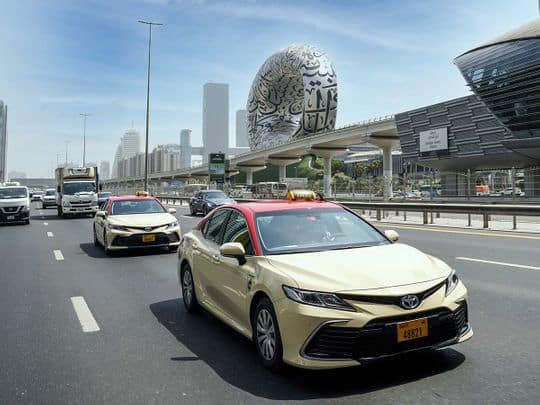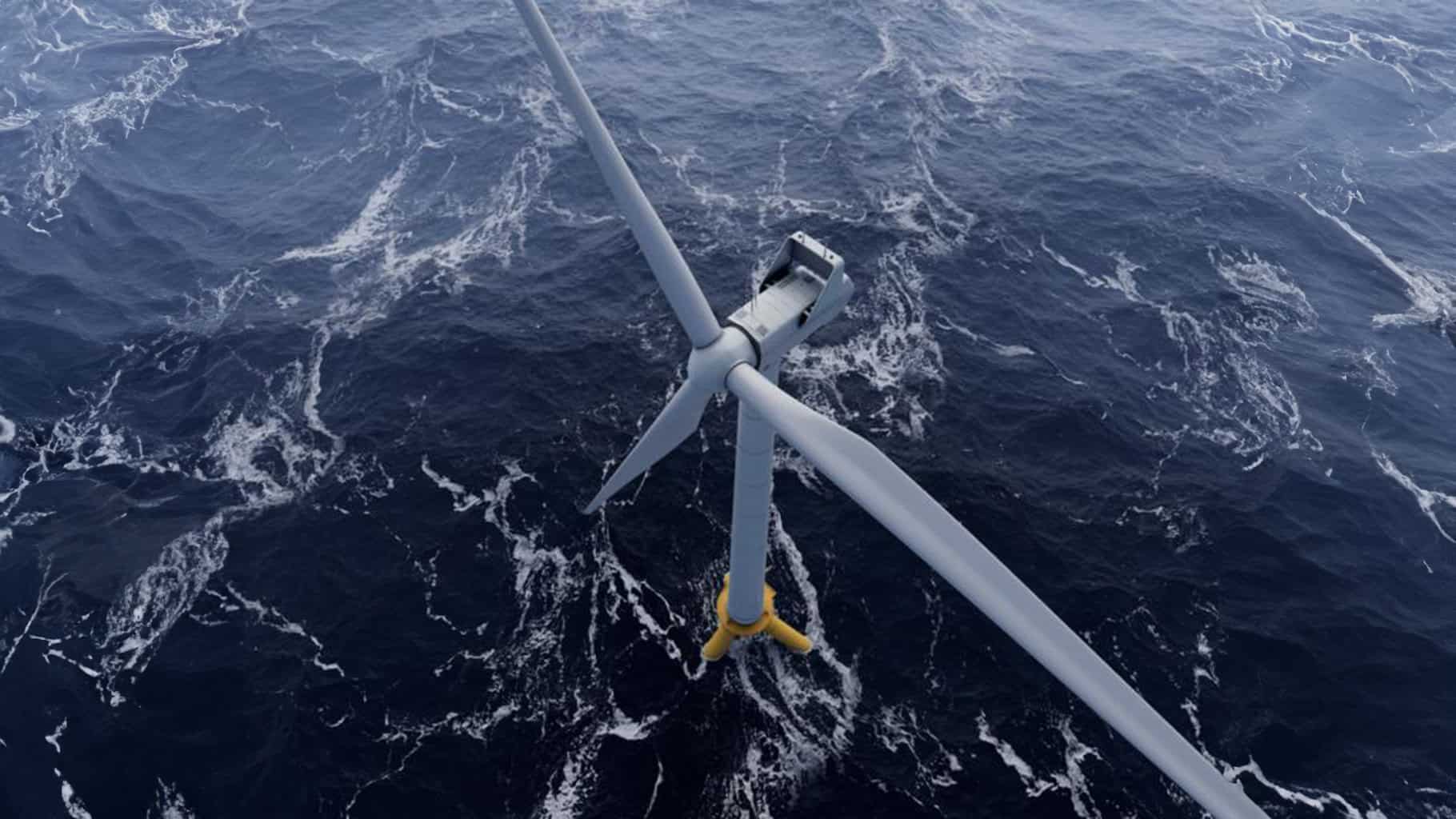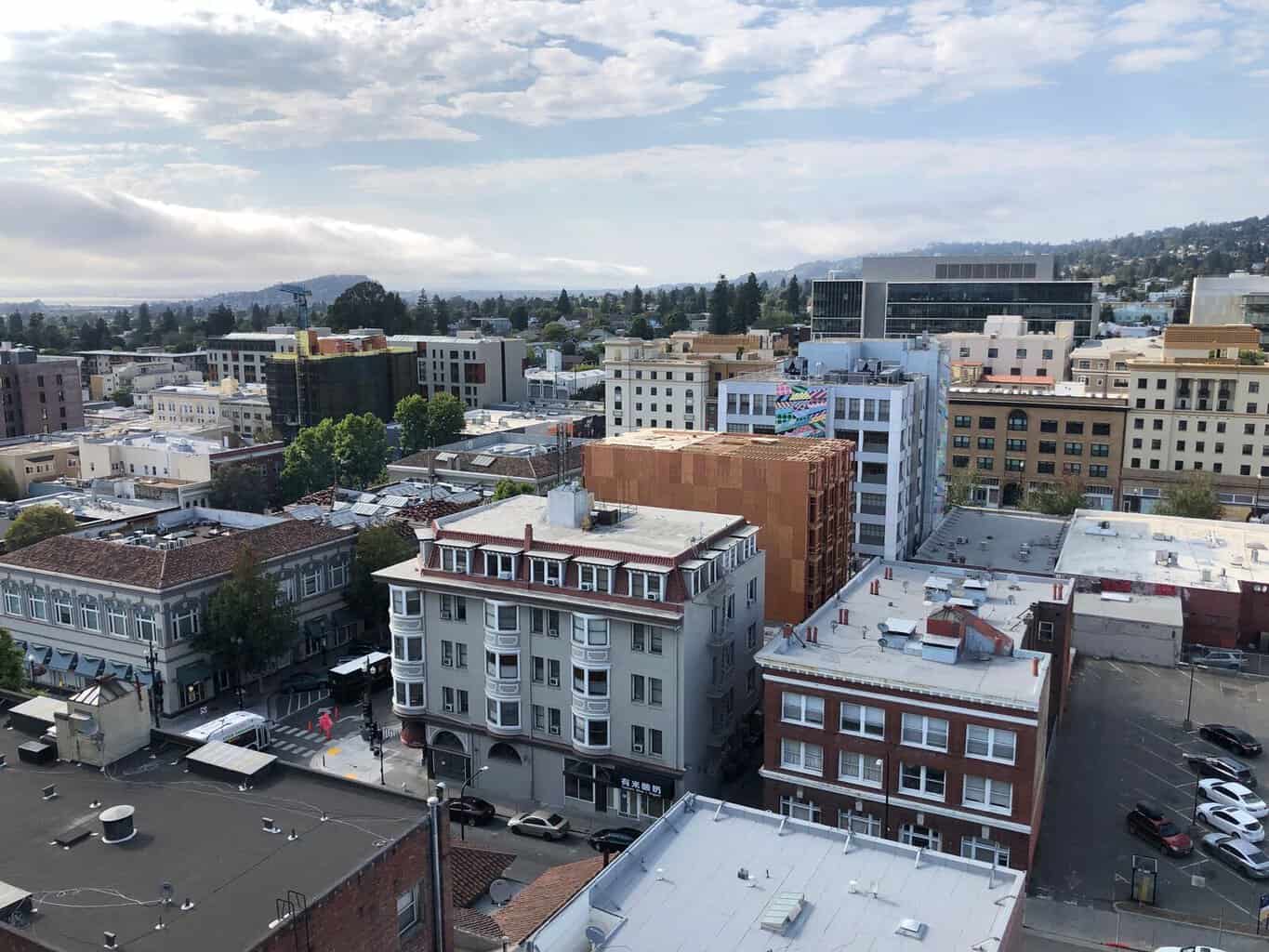The recent suspension of driverless car operations in Dallas following safety concerns underscores the critical need for robust regulatory frameworks in the realm of autonomous vehicles. Cruise, a prominent player in the driverless car industry, took the proactive step to halt operations after the California Department of Motor Vehicles revoked its license, citing public safety risks. This decision follows a series of incidents, including a pedestrian accident involving a Cruise vehicle named Panini. Such events highlight the imperative of fostering a regulatory environment that ensures the safe integration of autonomous technologies into urban landscapes. While Texas has welcomed innovative ventures like Cruise, policymakers must remain vigilant in monitoring these developments to enact necessary safeguards. As cities grapple with the implications of intelligent transportation systems, the importance of regulatory oversight cannot be overstated in safeguarding public welfare and fostering the advancement of smart city initiatives.

Only two days had passed since the California Department of Motor Vehicles revoked its license, claiming that the vehicles posed” an unreasonable risk to public safety,” when it was decided to periodically halt operations in Dallas.
For the company, the dominoes have been falling fast. Its decision was made only two days after the California Department of Motor Vehicles  revoked its license, claiming that the vehicles posed” an unreasonable risk to public safety,” and it was posted on the social media platform X.
That action was taken the day after the National Traffic Safety Administration announced that it was looking into allegations that Cruise cars—which the company names individually—were approaching pedestrians on sidewalks and roads very closely. A San Francisco pedestrian who had been struck by another vehicle was run over earlier this month by a Cruise car called Panini. The woman was pinned under the car and dragged 20 feet before it started to move repeatedly.
Cruise stated on X that” taking action to rebuild public trust is the most important thing for us straight now.” ” In light of this, we have made the decision to proactively halt driverless operations across all of our fleets while we examine our procedures, systems, and tools and consider how we can operate more effectively and with the public’s trust.”
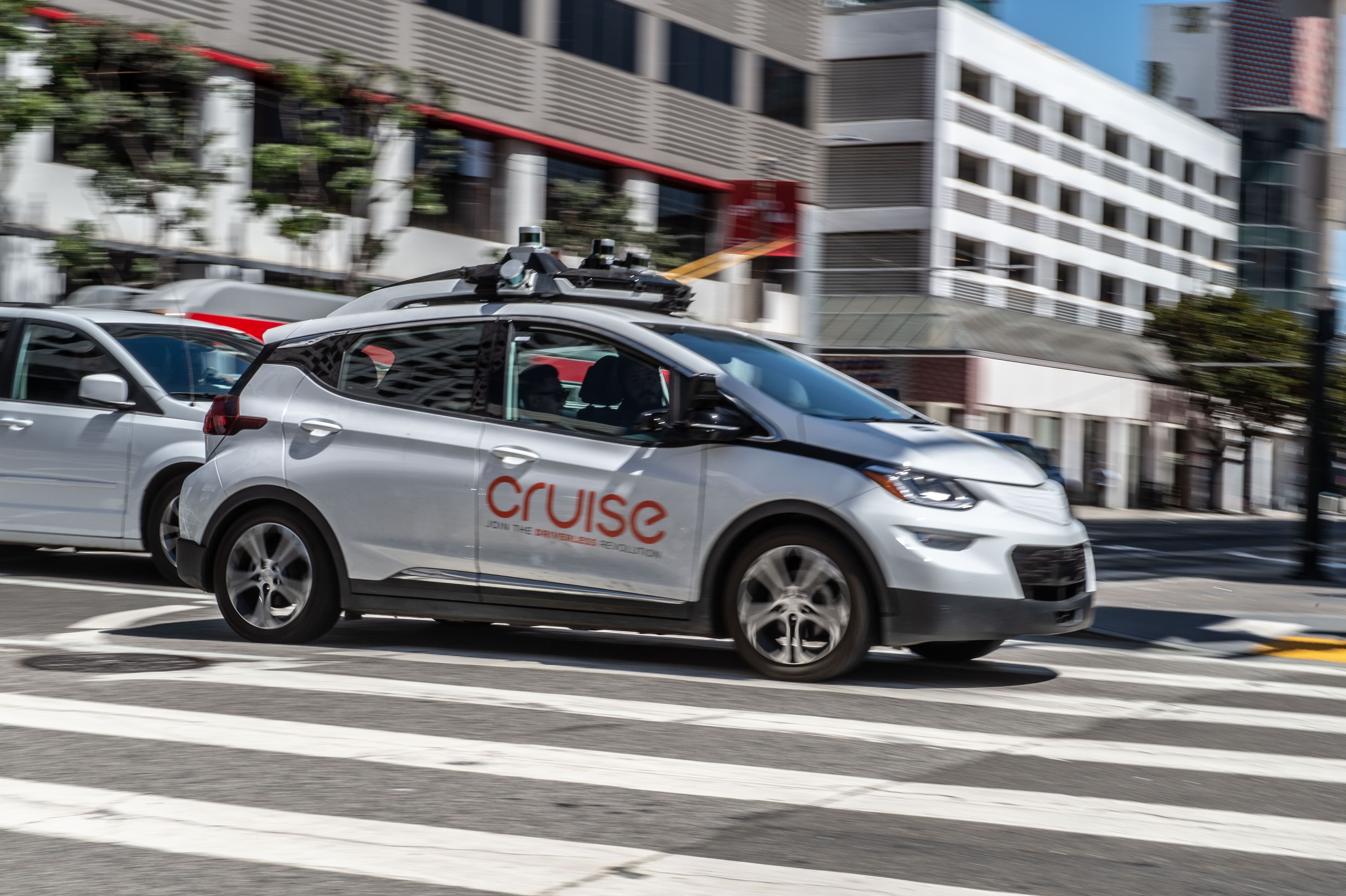
Cruise had completed the last round of car testing in Dallas. It started conducting controlled driving tests and mapping in Lower Greenville, Deep Ellum, Uptown, and Oak Lawn in June. On October 10, a representative informed the public safety committee of the Dallas City Council that the company was starting to test its cars without drivers and roll out service to the general public by the year’s end.
We praised the regulatory environment, Texas , and regulatory environments that welcomed Cruise and several other intelligent vehicle companies into our state last month. The business had already started operating in Dallas, Houston, and Austin. However, we also warned that as robotaxis and another driverless vehicles became more common, regular regulatory reviews would be required.
It appears that the moment has arrived. According to Stacey Chamberlin, his chief of staff, State Sen. Kelly Hancock, R-North Richland Hills, who sponsored the 2017 law establishing the ground rules for autonomous vehicles in Texas, “has been watching this issue tightly and meeting about it.”
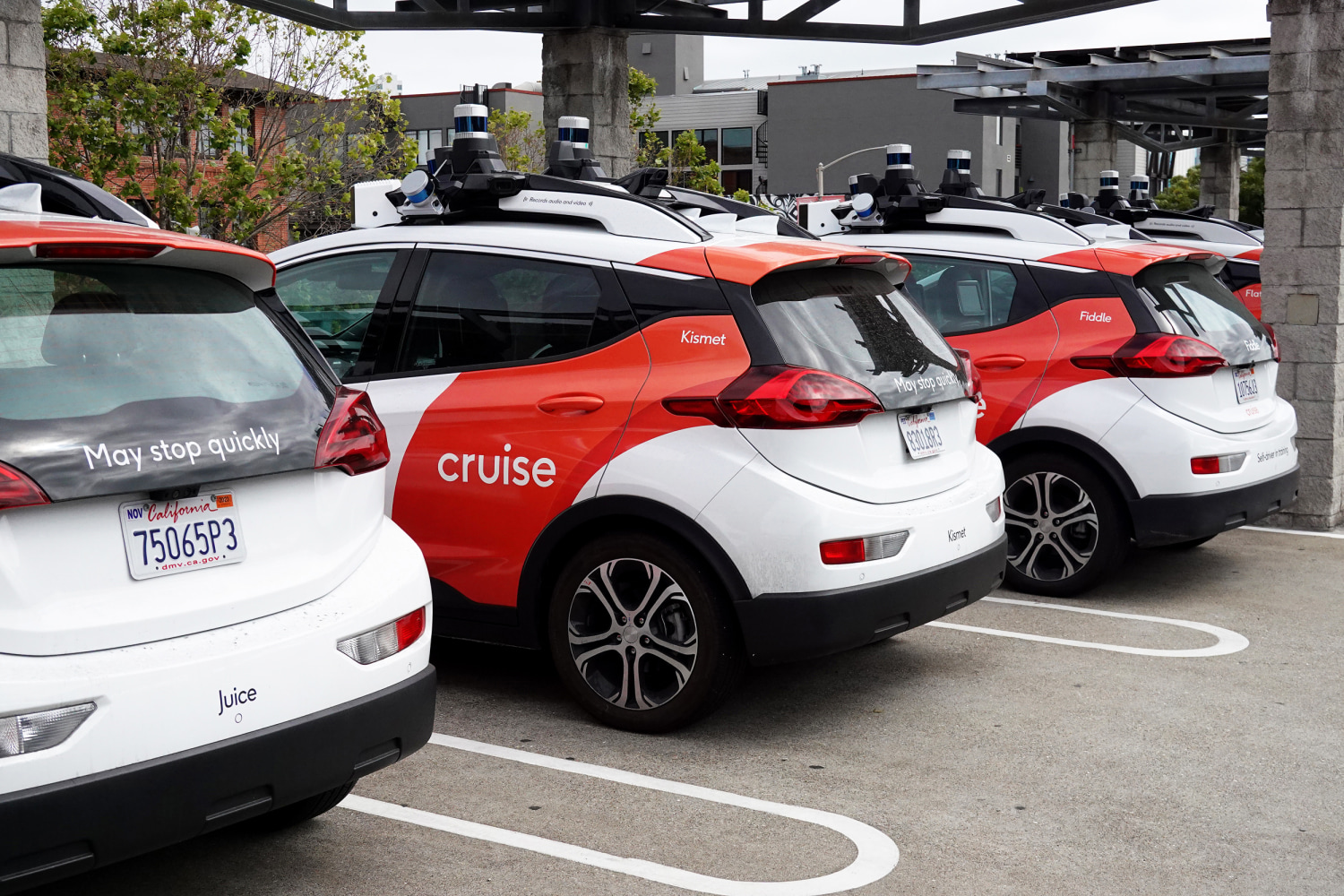
Assessing Oversight of Driverless Vehicles in City Borders
According to state law, cities essentially have no control over how these vehicles operate within their borders, which is hazardous, according to Cara Mendelsohn, chair of the City Council’s Public Safety Committee.
Mendelsohn stated,” I’m hardly at all opposed to intelligent vehicles. I’m just worried that there aren’t any guardrails on this.”
When Guacamole or any of the other Dallas robotaxis will return to the city’s streets is unknown. However, we hope that when they do, lawmakers and other government representatives will keep a close eye on the situation to see if more control of this intriguing innovative technology is necessary.


